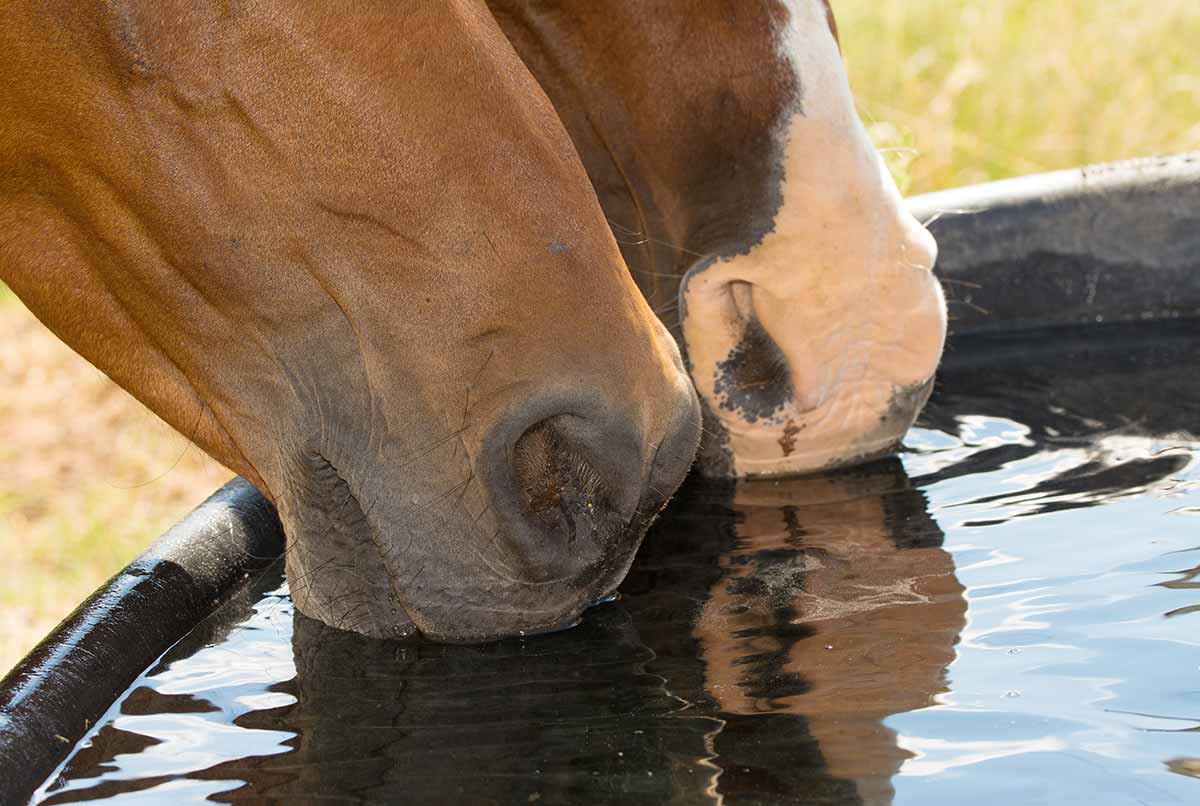As humans we are constantly reminded to drink plenty of water, with a recommended daily intake of 6-8 glasses of water per day. When it comes to our horses though, we tend to be better at researching what food we are giving them, but not so much about how much water they need.
How do you know if your horse is dehyrated?
On hot sunny days, or after long periods of travel, it may be obvious that horses will need additional water to replenish what has been lost through sweat, urination and temperature control. However, there are also times when horses are simply not drinking enough, for no apparent reason. Due to this, it’s important that you can recognise signs of dehydration in your horse so that you can treat it quickly.
The tell-tale signs of dehydration include lethargy, depression, dullness in the eyes, dry skin and mouth, thick and sticky saliva or dark looking urine
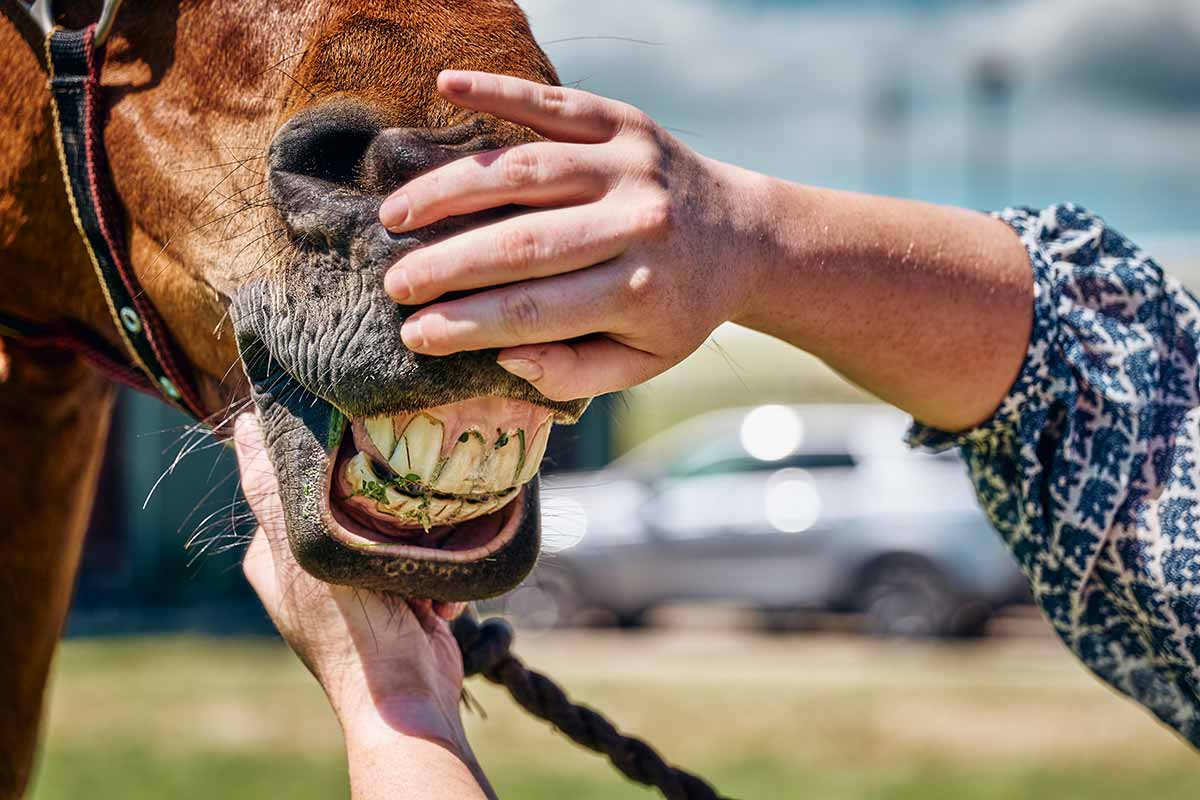
Is it important to keep your horse hydrated?
Yes, it is critical – water makes up 70% of your horse.
Water is essential to many of the horse’s bodily functions that maintain good health and well-being; delivering saliva, stomach acid, enzymes of the small intestine and enabling fermentation to occur in the hindgut.
The horse’s body also relies on water to carry oxygen to and carbon dioxide away from cells as well as transporting hormones and antibodies.
Will dehydration affect your horse's performance?
This will of course depend on the level of dehydration but ultimately, yes. Increasing levels of dehydration impact the bloodstream as it reduces the fluidity of the blood. This can in turn lead to issues with the heart, oxygen starvation and dysfunction of organs. When this occurs, muscles will struggle to maintain any level of activity. You should always consult your vet if you think your horse is dehydrated because in worst case scenarios, extreme hydration can lead to death fairly rapidly.
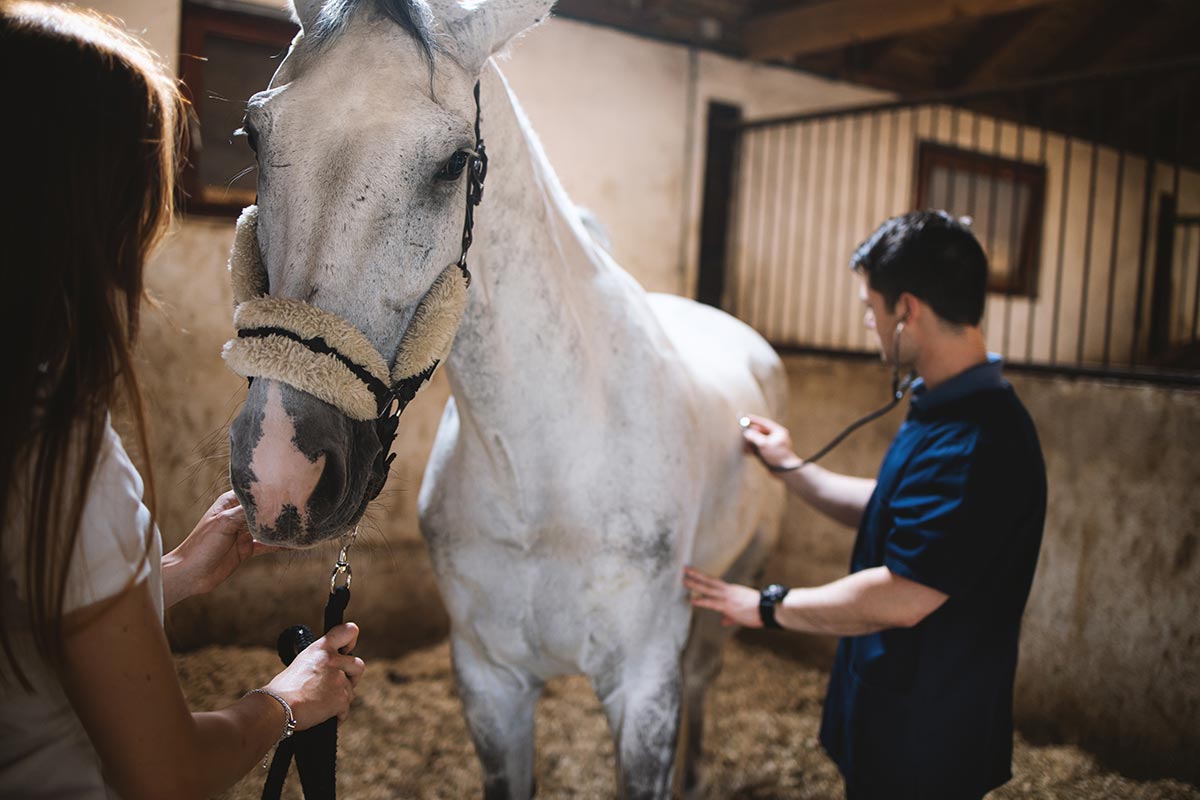
This is why it’s so important to consider water intake in your horse’s diet, just as much as their feed.
What can you do if your horse won't drink their water?
Owners can do the best they can by ensuring that horses have adequate access to clean, fresh water but sometimes horses just won’t drink. It has been calculated though that 5-7% of a horse’s weight is needed as a daily intake, so it is important to look at other ways to hydrate a horse that doesn’t want to drink.
Water should be considered as the essential nutrient and be present in the daily diet at around 2-3 times the dry matter fed. Horses do naturally eat wet feed; grass moisture can be as high as 80% and is sufficient to keep a horse hydrated under normal conditions. However, there are situations which may increase a horse’s water needs.
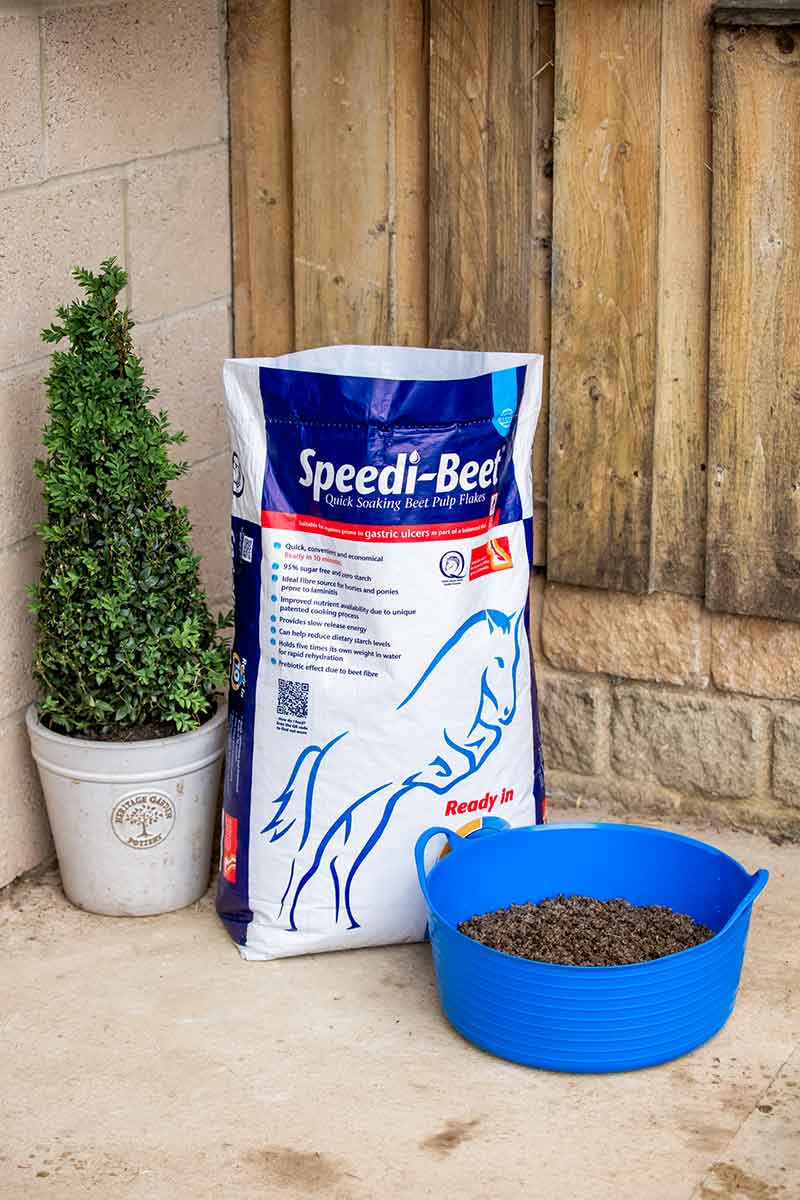
Adding a wet food to their diet is one way to make water intake more appealing to these horses in situations where additional hydration is required. Soaked mashes like Speedi-Beet supply highly digestible fibre and soaks 5 x its own dry weight in water, providing 12.5 litres of water intake for every 1kg dry scoop when soaked as recommended. Where more hydration is required, it can absorb up to 10 x it’s dry weight in water, which essentially creates a really palatable soup.
Hydrating your horse during the recovery period
When horses exercise, they lose fluid through sweat and temperature regulation, so it is important to replenish what has been lost as they recover from their period of activity.
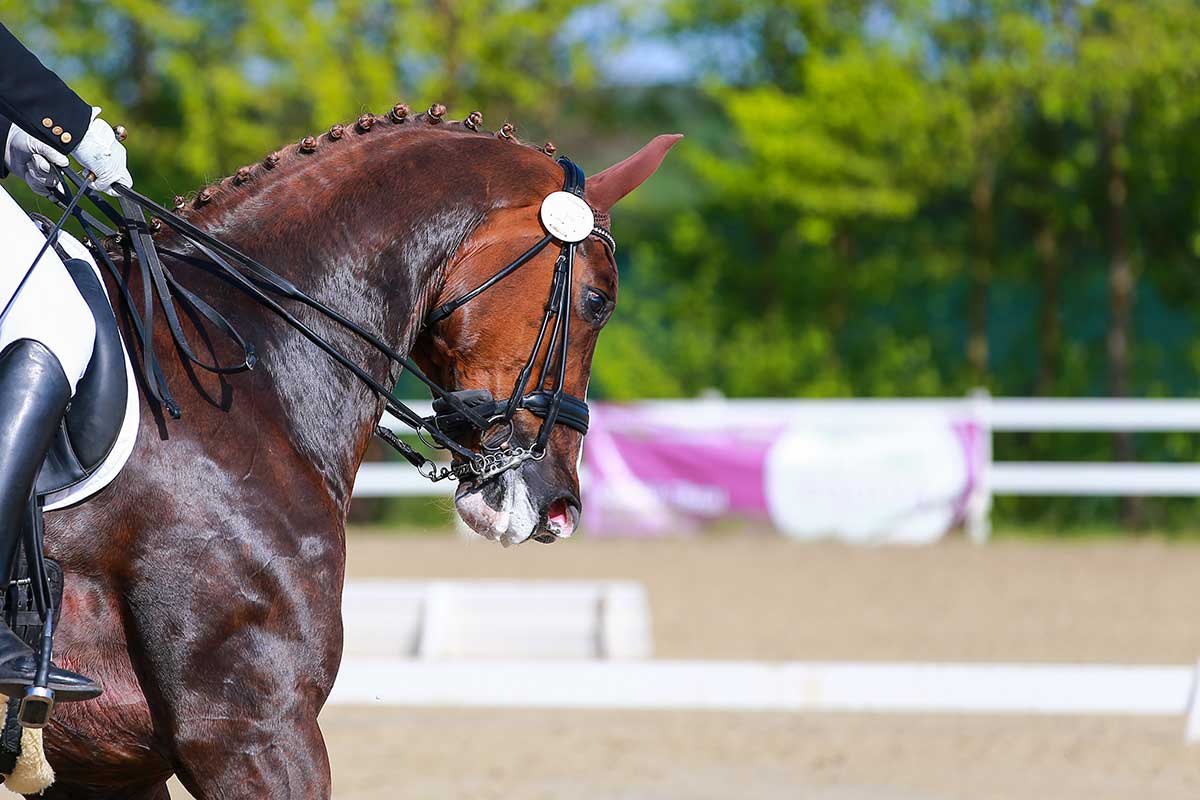
Soaked feeds like Speedi-Beet are so beneficial because they have sufficient water binding capacity to “hold” the moisture until it reaches the hindgut, providing continuous hydration, plus they are perfect for adding supplements like electrolytes, vitamins, minerals and anything else your horse requires as part of their rehydrating recovery.
Hydrating a horse on a restricted diet
Speedi-Beet is not just for winter! We know many of our customers love to feed Speedi-Beet with warm water as a winter warmer, in some cases also supporting your horse’s condition. However, Speedi-Beet is also suitable to be fed as part of a calorie-controlled diet with low sugar content and only a trace of starch. Due to its ability to expand, Speedi-Beet doesn’t have to be fed in large quantities and it soaks within just ten minutes, making it simple to fit into your summer routine.
Find out more about Speedi-Beet with its plethora of key benefits and more about our full British Horse Feeds range here.



